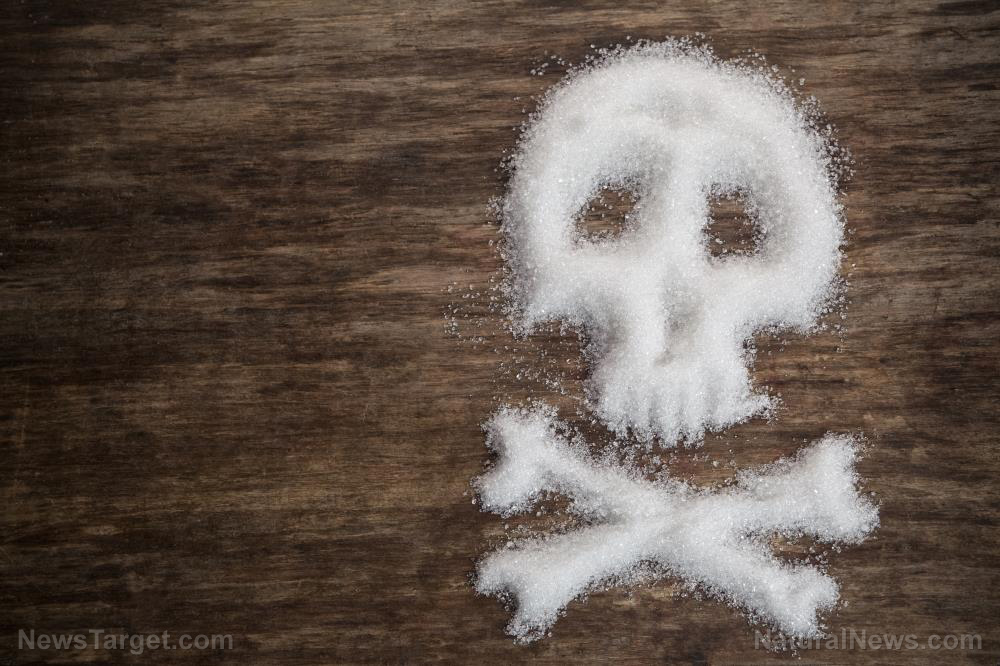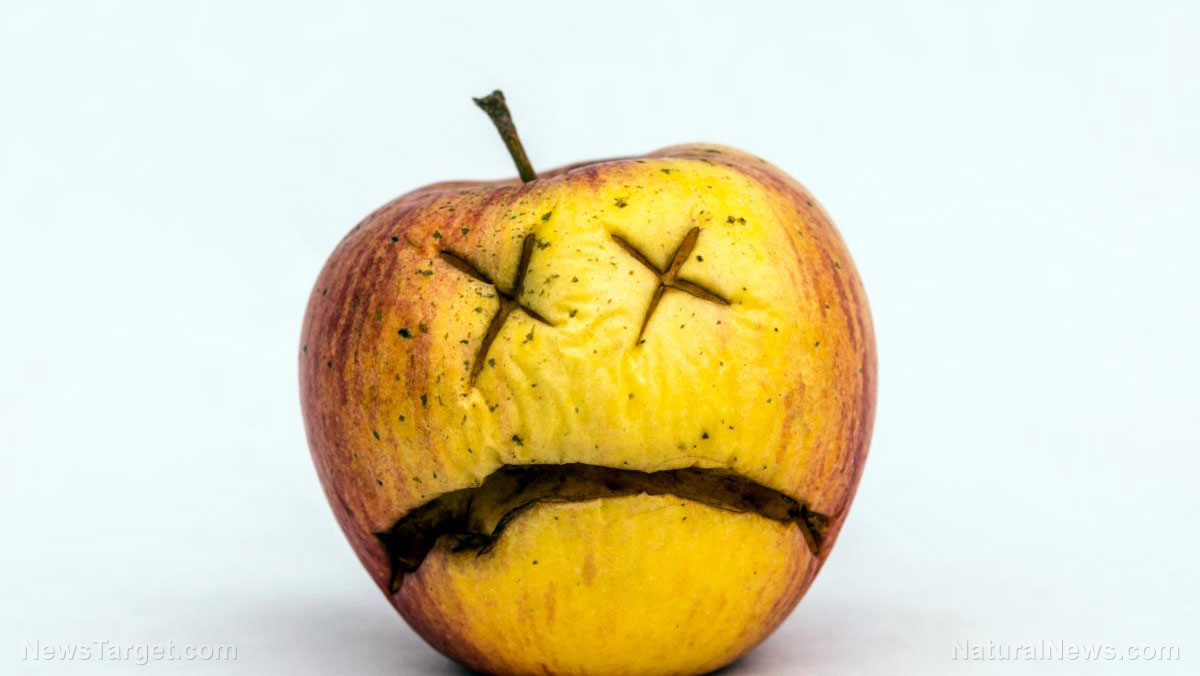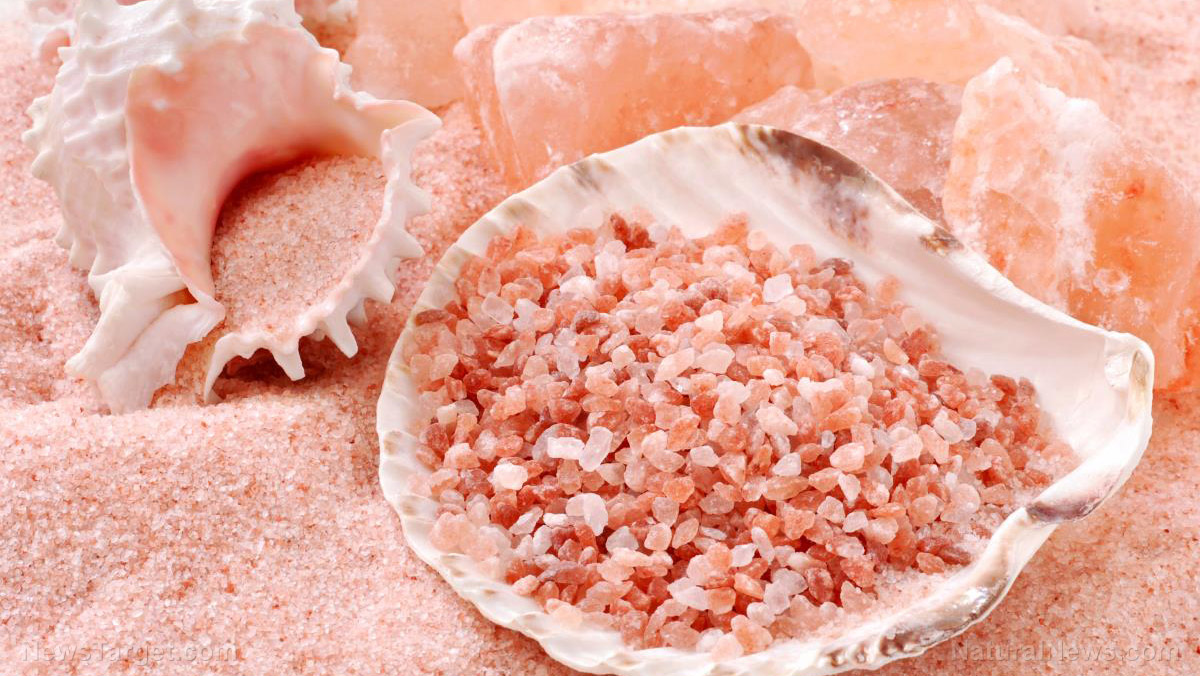Drinking sugary drinks increases cancer risk NO MATTER what you weigh
09/25/2018 / By Rhonda Johansson

Stop drinking sugary drinks. This is the easiest and arguably the most profound thing you can do now to improve your health. New research from Cancer Council Victoria’s Cancer Epidemiology and Intelligence Division and University of Melbourne’s Centre for Epidemiology and Biostatistics concluded that the frequent and long-term consumption of these toxic beverages increases the risk of 11 obesity-related cancers (i.e., liver, aggressive prostate, ovary, gallbladder, kidney, colorectal, esophagus, postmenopausal breast, pancreas, endometrium, and gastric cardia), regardless of what you actually weigh. This implies that even if you are of a normal and otherwise healthy weight, you may still be at risk of cancer if you continue to drink sugary beverages. This conclusion likewise indicates that cancer manifestation is not entirely driven by obesity, but by its root — unhealthy food consumption.
The study, published in Public Health Nutrition, looked at two prospective cohort studies: the Melbourne Collaborative Cohort Study (MCCS), which recruited 41,514 men and women aged between 40 to 69 years old, from 1990 and 1994, and the second wave of the same MCCS study which occurred between 2003 to 2007.
Data from 35,593 participants who developed 3,283 incidents of obesity-related cancers were included in the main analysis. At baseline, participants completed a 121-item food frequency questionnaire (FFQ), including separate questions about the number of times in the past year they had consumed a sugar-sweetened or artificially-sweetened beverage. Authors of the study also gathered the following information: waist circumference, smoking habits (if ever); leisure-time physical activity; and intake of alcoholic beverages (if ever).
It was found that the consumption of both sugar-sweetened and artificially sweetened soft drinks was linked to a greater waist circumference at baseline. However, those who favored sugar-sweetened drinks also had a statistically significant risk of many types of cancer. Strangely, this risk was not shared by those who drank artificially-sweetened soft drinks.
All the same, the authors concluded that drinking sugar-sweetened beverages increases a person’s risk of developing various forms of cancer.
While sugar may taste sweet, it’s anything but
Added sugars are one of the most dangerous food items around. Unfortunately, we are exposed to it even in the most unexpected places. From processed foods and snacks to cakes, dips and sauces, our daily diet is loaded with added sugars. A recent study suggests that added sugars account for nearly 17 percent of the total calorie intake of adults and up to 14 percent for children. Take note that current dietary guidelines limit calories from added sugars to less than 10 percent per day.
Excessive sugar consumption is the leading cause of obesity and many chronic diseases. Let us take a look at what else sugar does to you:
- It increases your risk of heart disease — High-sugar diets lead to obesity and inflammation, which are risk factors for heart disease. Moreover, consuming too much sugar, especially from sugary drinks, can cause atherosclerosis, a disease where plaque builds up in your arteries.
- It makes you more likely to have diabetes — There is a clear link between excessive sugar consumption and diabetes risk. Prolonged sugar consumption raises insulin resistance, causing blood sugar levels to rise. (Related: Combining sugary drinks with protein found to accelerate the body’s storage of fat.)
- It increases your risk of depression — It’s ironic, but sugar can make you sad. Whereas a healthy diet can do wonders on your mood, a diet rich in sugar increases your risk of depression. Researchers argue that this is because sugar causes neurotransmitter dysregulation and inflammation.
- It makes you look and feel old — Poor food choices can accelerate the skin aging process. A study found that women who consumed more added sugars had a more wrinkled appearance than those who had followed a high-protein, low-carb eating plan. Sugar can also cause premature cellular aging, making you become tired more easily.
The takeaway here is that eating (or drinking) too much sugar is bad for your overall health. There is absolutely no benefit you get from it, other than a fleeting sense of satisfaction. Sugary drinks, in particular, are one of the worst things you can add to your diet, causing a slew of adverse effects from depression to cardiovascular disease, and now to cancer.
For more information on other cancer-causing foods, head on over to CancerCauses.news today.
Sources include:
Tagged Under: artificially-sweetened soft drinks, cancer, cancer risk, obesity, slender, sugar-sweetened soft drinks, sugary drinks, sweetneners, toxic ingredients




















